ABOUT US




The BENEFIT-Med project was conceived with a focus on improved seed germination, as a starting point to valorize orphan legumes and promote local socio-economic development in North-Africa and Mediterranean area. Enhanced germination capacity defines high-quality seeds as proxy of successful crop yields and a well-structured seed system is required to boost the production and use of orphan crops. The BENEFIT-Med consortium is a multidisciplinary research network that will produce knowledge and technology exchanges among regions of the Mediterranean Basin (8 participating countries, 11 individual partners).
Period of Implementation
Jun 1, 2022 - Nov 30, 2025
Total Budget
EUR
2,099,886.00
.png)
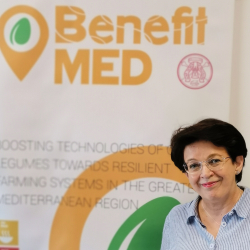




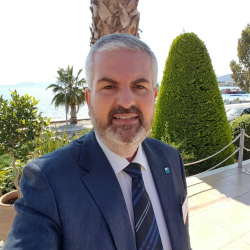


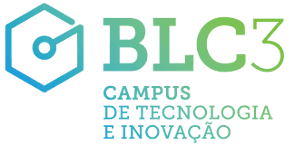
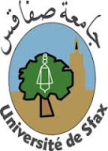
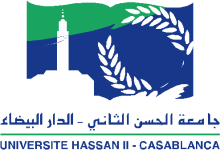
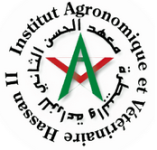





.png)













